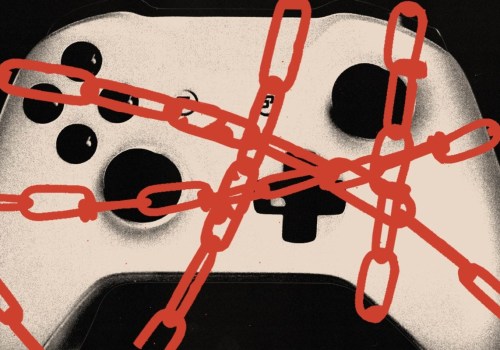Video games have become a popular pastime for people of all ages. However, there is increasing evidence that video games can affect the brain and cause changes in many regions of the brain. While video games don't necessarily cause mental health problems, those with depression, anxiety, or another mental illness may be at high risk of video game addiction. Studies have shown that video game players show improvements in several types of attention, including sustained attention and selective attention.
However, spending too much time playing video games can lead to a decline in relationships or careers. It is important to analyze how games affect cognitive processes to determine if video games have more benefits than harm, or vice versa. A team of researchers from Florida State University has warned people to be skeptical of advertisements that promote an increase in brain performance as a result of brain training games. A study with 3,000 children and adolescents from 12 different schools in Singapore found a two-way causality in the game between video games and attention deficit disorders. On the other hand, a study published in Nature found that using a specially designed 3D video game, cognitive performance in older adults could be improved and some of the adverse effects on the brain associated with aging could be reversed. Researchers at the University of Arkansas also found that expert players have more brain activity associated with attention compared to non-expert players. So what do all these changes mean in the brain? While excessive play could contribute to a long-term lack of ability to concentrate, children who already show signs of attention deficit disorder are also likely to be more attracted to video games, because of the variety of experiences they can offer.
The authors' findings are considered essential to encourage the creation of multidisciplinary strategies in the development of video game services and collections that are relevant to unique academic communities. If you can address the underlying issues that make you want to play video games for more than 10 hours a day, you can regain control of your life. An hour of play a day can bring tangible emotional and mental benefits, but real psychological damage starts knocking on the door with excessive play. Sophisticated digital games and the large number of people who play could make Internet gaming disorder a major public health problem.



